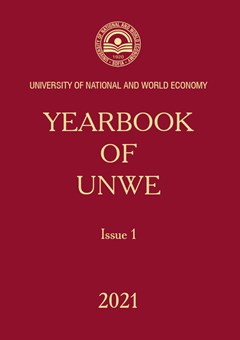Investigating the Relation of Functioning as A Determinant of Wellbeing to Political and Social Trust in Three Balkan Countries
Authors: Anastasia Charalampi, Joanna Tsiganou, Catherine Michalopoulou
Abstract
The measurement of wellbeing, political trust in institutions and social trust provide important indicators of the welfare of nations, political legitimacy and the stability of democratic political systems, and a country’s political culture, respectively. In this paper, the relation of functioning as a determinant of wellbeing to political and social trust was investigated using 2012 European Social Survey (ESS) datasets of three Balkan countries: Albania, Bulgaria and Kosovo. This involves first examining the structure of functioning and assess the psychometric properties of the resulting scale (or subscales). Preliminary tests explored the statistically significant relations of functioning to the political and social trust items as well as the socio-demographic variables and the left/right self-placement scale. Only in the case of the Bulgarian dataset, EFA and CFA resulted in a unidimensional valid and reliable scale measuring functioning scale comprised of all the initial eight items. Although the analysis did not result in the same structure of functioning for the three Balkan countries, it did provide a reliable and valid scale in the cases of Bulgaria and Kosovo. This work could be extended to cover all participating countries of this Round of the ESS.
JEL: C18, I31

